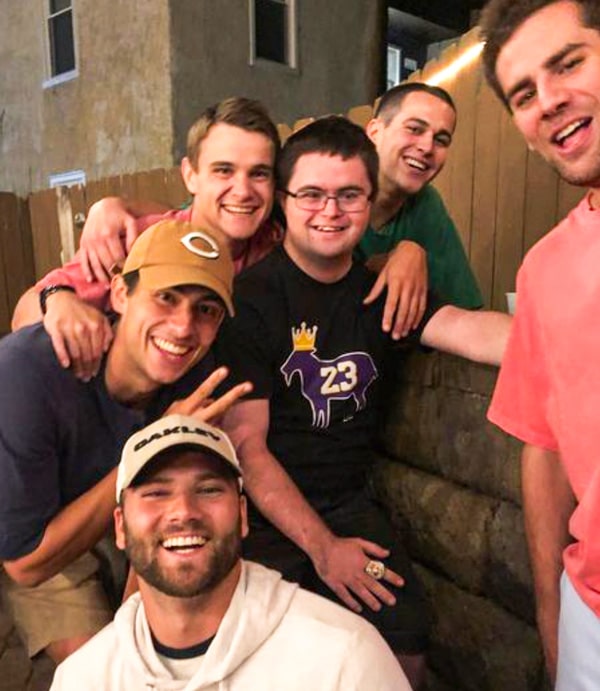As of two weeks ago, I did not know what the term “neurodivergent” meant. I met a Direct Support Professional (DSP) the other day and she shared an interesting thought pertaining to the special needs community. First of all, she was speaking of a few of her clients and referred to them using this term.
Many of you reading this may be familiar it, but I was not. Here is a quick definition I found online: “people whose brain differences affect how their brain works. That means they have different strengths and challenges from people whose brains don’t have those differences. The possible differences include medical disorders, learning disabilities and other conditions.” This is often used when discussing differences in individuals with Autism or ADHD.
I wanted to start with that explanation for two simple reasons: to educate my readers on the term, and to highlight that it is OK to not know the answers sometimes. Even though I have a Special Education background and have spent over 15 years working within these communities, there are plenty of things I do not know. To me, that is exciting! There is always more to learn. With that being said, when this woman used the term neurodivergent, I still had the mental pushback and feeling of self-consciousness for not knowing it… something to consider next time you are in a similar situation.
The genesis of this short blog, however, was a concept she shared around individuals who are neurodivergent.
“The fixations are temporary,” she said. To be clear, she said a lot more than just those words, but those are the ones that stuck with me.
Many people with intellectual disabilities show fixations on particular activities, places, TV characters, etc. Often times we can assume that this is “just the way they are” or that the fixations are unchangeable. She shared that actively working to introduce, for example, an individual with Autism, to a number of new things consistently can help broaden their thinking. The way I perceived this was that maybe, at times, we “give in” to the way certain people with special needs behave. We get a gauge of their likes and dislikes, define in our own minds the way we see them, and don’t give them much of a chance to change or grow.
I’m curious to hear others thoughts on this, as I know it is far from a black and white topic. Maybe you have a child or relative with Autism— are you actively working to introduce them to new activities or ideas to help them grow in this area? What challenges have presented themselves as a result?
Let’s continue to learn, grow, and help those with special needs and disabilities in our communities do the same! 🙂

